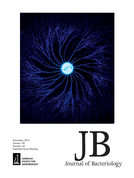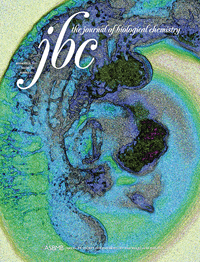 Authors of a paper on the origin and function of a family of transmembrane proteins have retracted it after an investigation at the University of Florida revealed that an author had falsified some results.
Authors of a paper on the origin and function of a family of transmembrane proteins have retracted it after an investigation at the University of Florida revealed that an author had falsified some results.
This is the third paper with falsifications that Chi Leung, a former UF postdoc, is responsible for; this summer, we reported on a retraction and a partial retraction of two other papers on which Leung was a co-author. The case is currently under investigation by the U.S. Office of Research Integrity National Science Foundation, a UF spokeswoman tells us.
The problems in the paper, “Phylogenetic, expression, and functional analyses of anoctamin homologs in Caenorhabditis elegans,” occur in a figure that compares mRNA levels in control and experimental populations of C. elegans. The paper was published in the American Journal of Physiology, and has been cited eight times, according to Thomson Scientific’s Web of Knowledge.
The retraction note explains that, according to the other authors, much of the data in the paper are valid:
Continue reading NSF investigating as more falsified results surface from mol bio researcher









